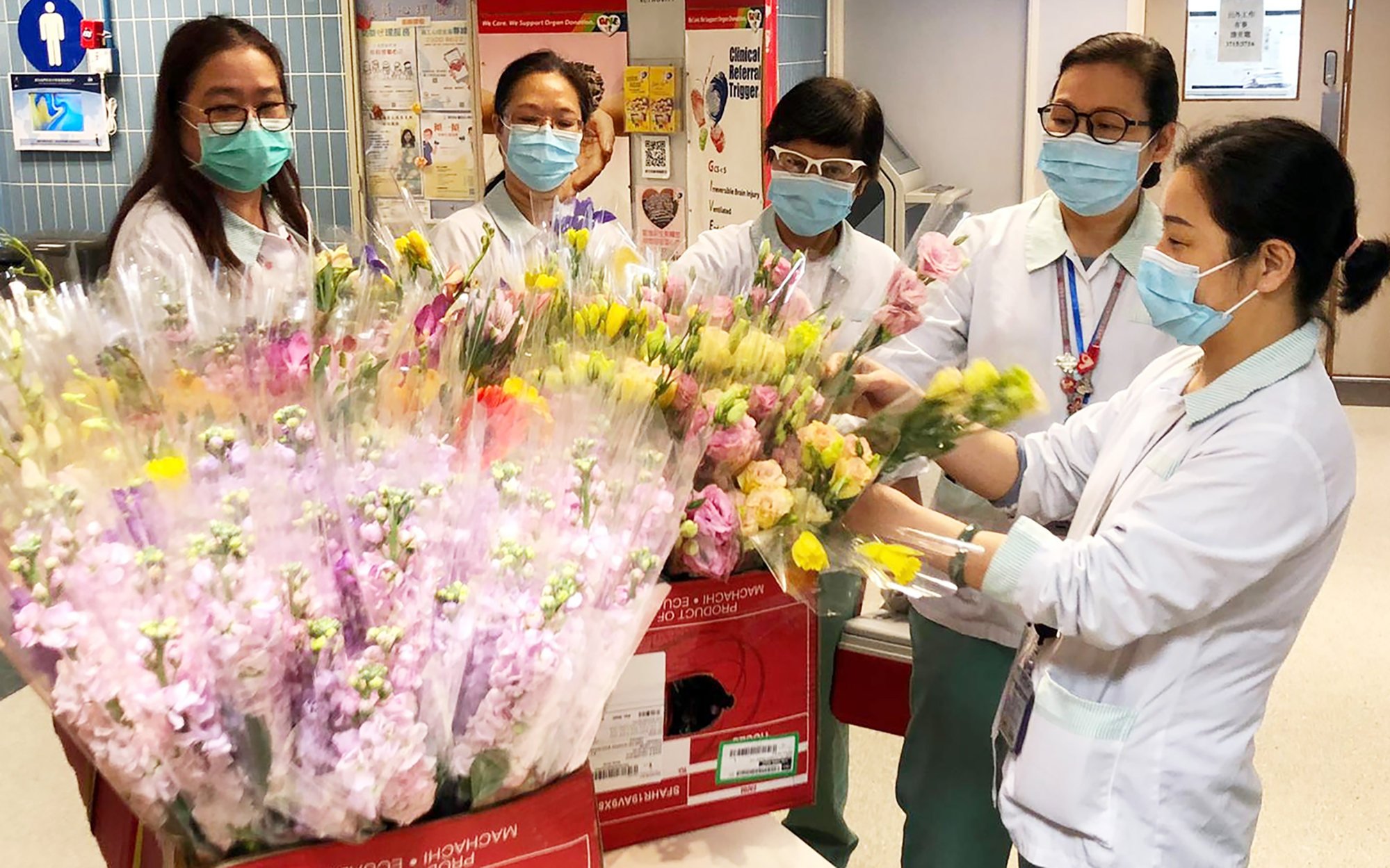
Coco Lee’s death reminds us fame and success are no protection from mental health struggles
- People still struggle to grasp that celebrities, healthcare workers and others who appear outwardly successful can suffer from mental health issues
- We need a systematic change in our understanding of mental health and to destigmatise mental illness
We often perceive celebrities like Lee through their moments on the stage – their smiles, talent and seemingly unfaltering strength. However, such societal expectations can exert crushing pressure on high-profile people. Regrettably, it is often only in the wake of a crisis that we begin to question the impact of these expectations and how they can be prevented.
Healthcare workers – who are frequently described as “angels” and “heroes” – are another high-risk group. This “angel” narrative has intensified during the Covid-19 pandemic, but this well-intentioned praise can lead to an unrealistic belief that these professionals can cope with adversity without needing support.
We must acknowledge that these “angels” are human, too, and deserve our care and attention. Even angels can feel the need to cry.

According to our calculations based on data from the US National Violent Death Reporting System, more than 77 per cent of people who died by suicide did not disclose their intention. Among those who did, 31 per cent still died despite receiving mental health treatment.
Likewise, a study of coroners’ reports in Hong Kong suggested that only 25 per cent of those who died by suicide had received psychiatric treatment. These findings debunk several myths surrounding suicide.
Contrary to the belief that all suicidal individuals are depressed, there are other social determinants of health. Factors such as family relationships and self-perception can also act as risk factors.
The notion that only certain types of people can become suicidal is also misleading as various predisposing conditions, especially when they intersect, can lead to suicide attempts or deaths.
China suicide rates rise among young amid pressure to do well at school
Finally, the myth that effective suicide intervention can only come from professional therapists is a misconception. We need to move beyond a medical care model to a population health model.
Everyone within the social networks of at-risk individuals can help. Holistic interventions involving families, friends and the broader community are crucial to building a protective shield around those in need.
There are many ways to cope with events such as this. Hopefully more encouraging examples of celebrities being public about their struggles and working to fight depression will emerge. Lee’s death should galvanise community awareness around the societal norms and “angel” narratives that can unintentionally harm the people they are meant to celebrate.
It can be difficult to understand how successful people can struggle so profoundly that suicide appears to them to be the only way out. We must remember that mental health issues can affect anyone, and that words and actions from friends, family or the media can have a profound impact. We should make use of this opportunity to pay more attention to people who might be affected by this sort of news.
Yunyu Xiao is an assistant professor of population health sciences at Weill Cornell Medical College
Paul Yip is the founding director of the Centre for Suicide Research and Prevention and an associate dean (knowledge exchange and development) of the Faculty of Social Science at the University of Hong Kong



